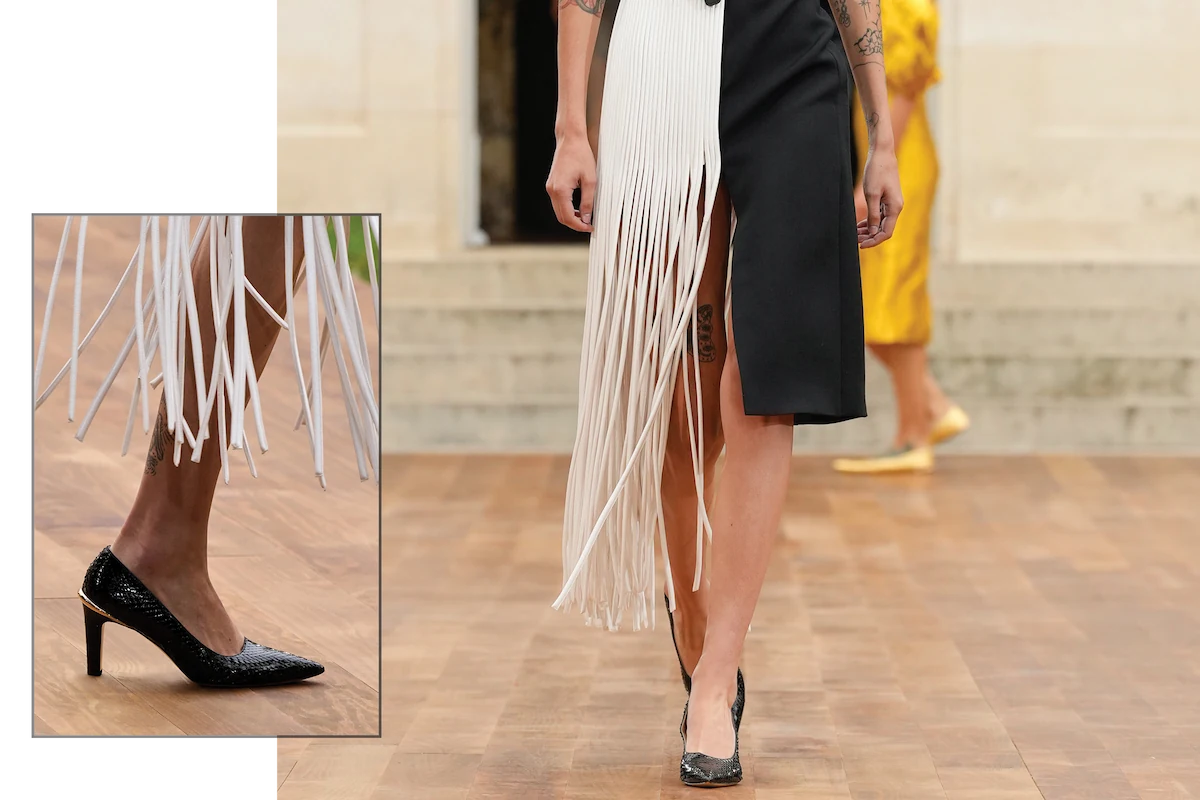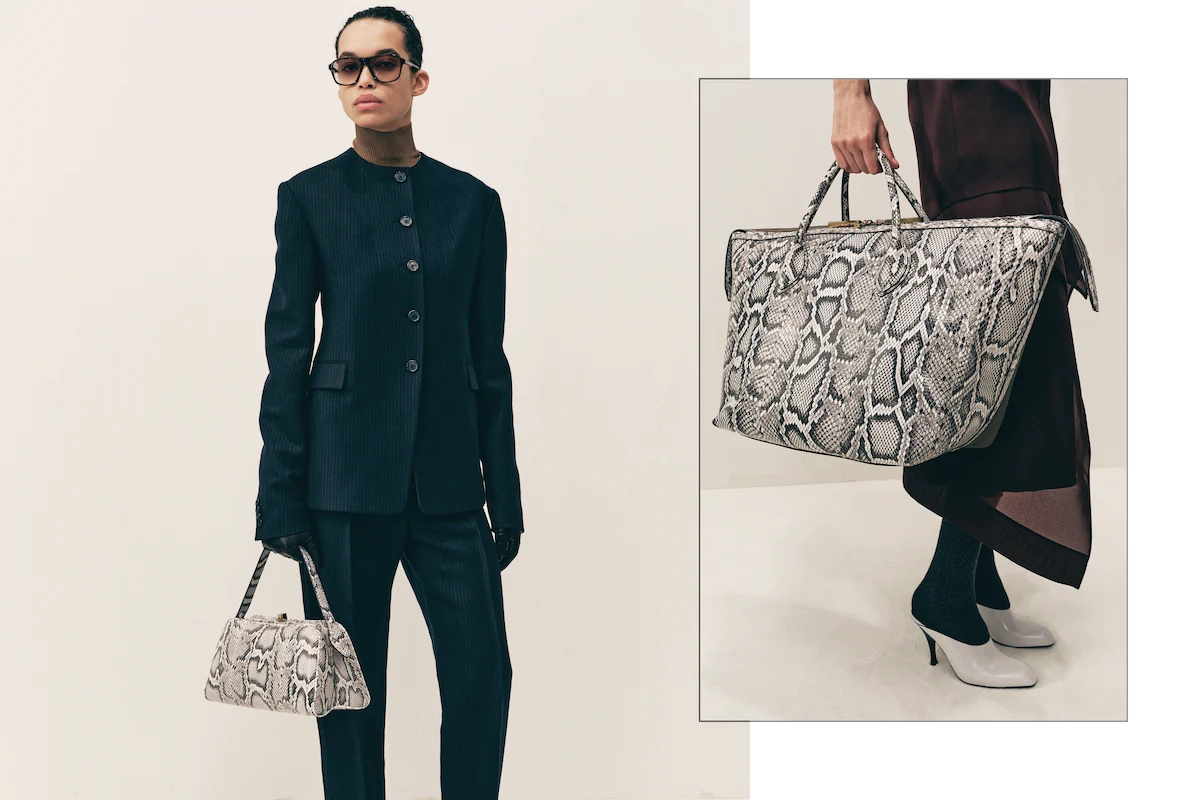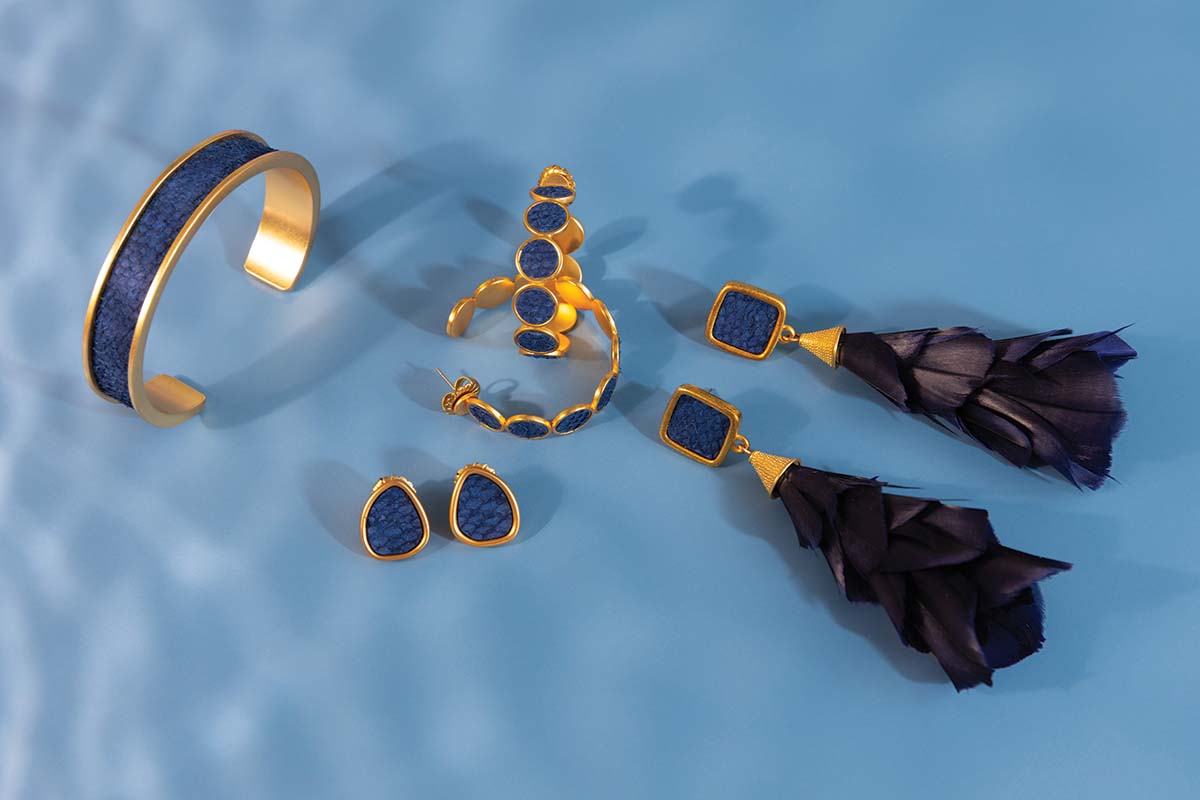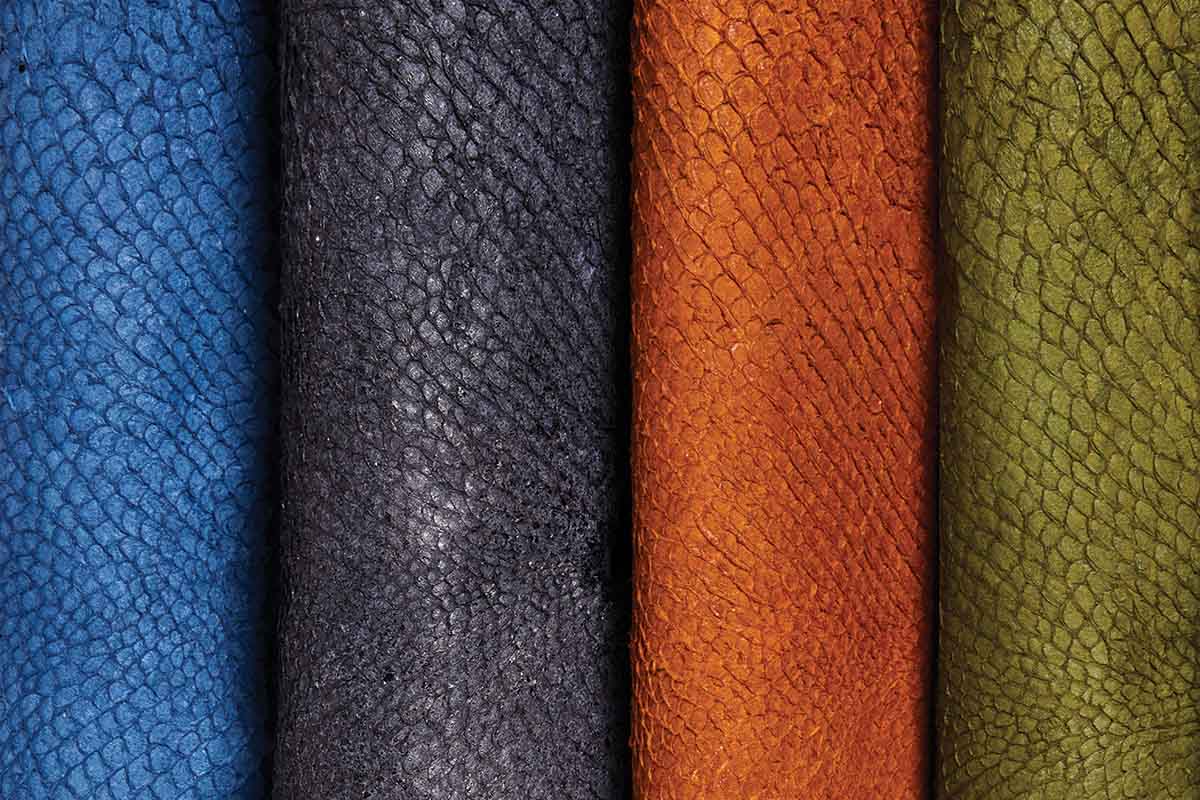How fashion could heal the planet
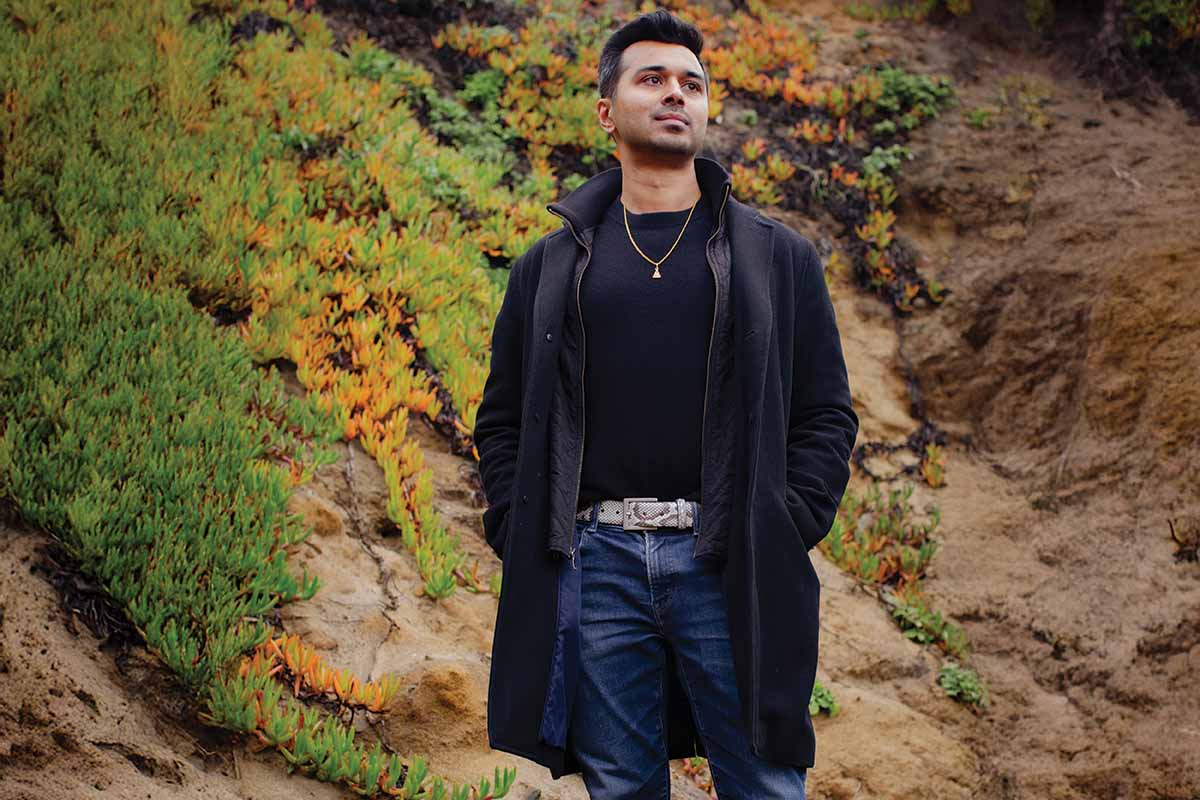
How do the runways of Paris help restore biodiversity in the Florida Everglades? McKelvey School of Engineering alumnus Kahan Chavda may have a surprising answer.
Chavda, who earned a bachelor’s degree in biomedical engineering with a minor in mechanical engineering in 2016, is now a co-founder — along with his brother, Aarav, and friend Roland Salatino — and the chief commercial officer of Inversa, an ecosystem restoration company that has grabbed global headlines in the fashion industry.
About five years ago, the brothers, both avid scuba divers, noticed lionfish infesting the coral reefs of their favorite Florida diving spot. Their divemaster shared how these invasive species feed upon native fish and other organisms, destroying not only the Caribbean reef systems, but also the livelihoods that depend on them.
After the partners began researching ways to manage the invasive fish, they tried turning lionfish skins into leather.
“After we’d done a lot of work to create our first iteration of lionfish leather, we realized we weren’t just holding a material,” Chavda said. “We realized we were holding a platform on how to heal our planet.”
That platform, Inversa, addresses the need to manage invasive species that threaten ecosystems by providing the fashion industry with an ethical and more responsible alternative to traditional exotics. In addition to helping restore the Caribbean reefs, Inversa manages other invasive species to restore more ecosystems, including Burmese pythons from the Florida Everglades and silverfin in the Mississippi River Basin.
They [Chavda’s former WashU instructors] have been great mentors, great sources of insights and so supportive. If I’m ever struggling with something, I know I can always call and ask for their opinion on any question.”
— Kahan Chavda
Inversa has garnered the attention of luxury brands such as Gabriela Hearst. The designer, known for her commitment to sustainable fashion, has showcased her products made with Inversa’s materials on the runways of Paris as part of her Spring/Summer 2025 and her Fall/Winter 2025 collections.
Other Inversa partnerships include luxury brands KHAITE and Johanna Ortiz and jewelry brand Brackish.
Chavda credits a few WashU instructors for their roles in mentoring and driving him forward in his career: Patricia Widder, teaching professor of biomedical engineering and director of undergraduate studies; Glenn MacDonald, the John M. Olin Distinguished Professor of Economics and Strategy at WashU’s Olin Business School; and Mary Ruppert-Stroescu, associate professor of fashion design at WashU’s Sam Fox School of Design & Visual Arts.
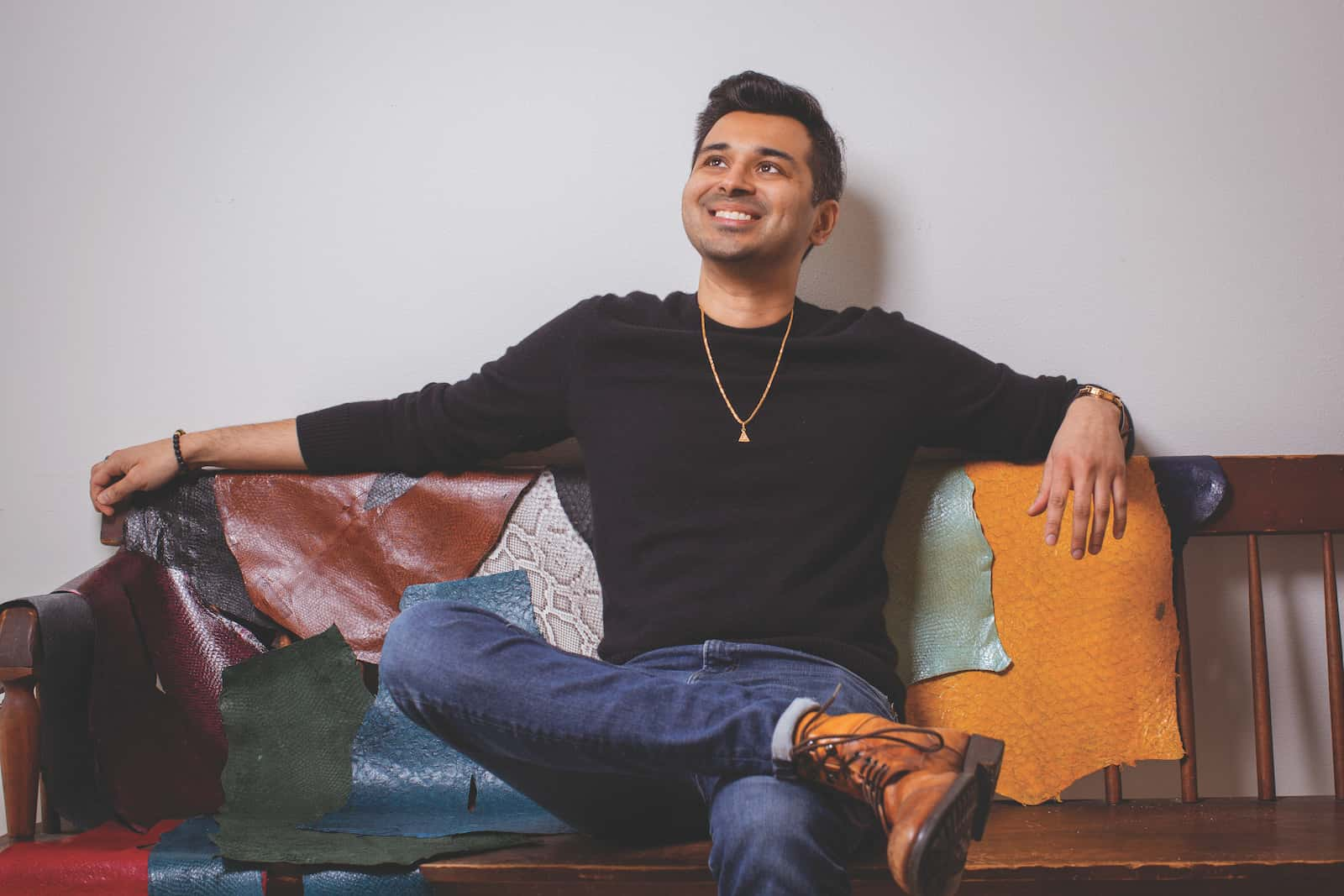
“They have been great mentors, great sources of insights and so supportive,” Chavda said. “If I’m ever struggling with something, I know I can always call and ask for their opinion on any question.”
Their encouragement moved Chavda into business consulting for nearly seven years, gaining experience solving business problems and managing clients. The experience has helped him push Inversa forward as the company seeks ways to use other invasive species.
Based on the company’s progress, Chavda is optimistic about its future.
“We’re seeing a really cool cascade between the partnerships we’ve started, the ecosystems we’re helping, and seeing how much INVERSA has grown,” Chavda said. “We’re in an amazing growth phase, and we’re showing the world how fashion can heal the planet.”



